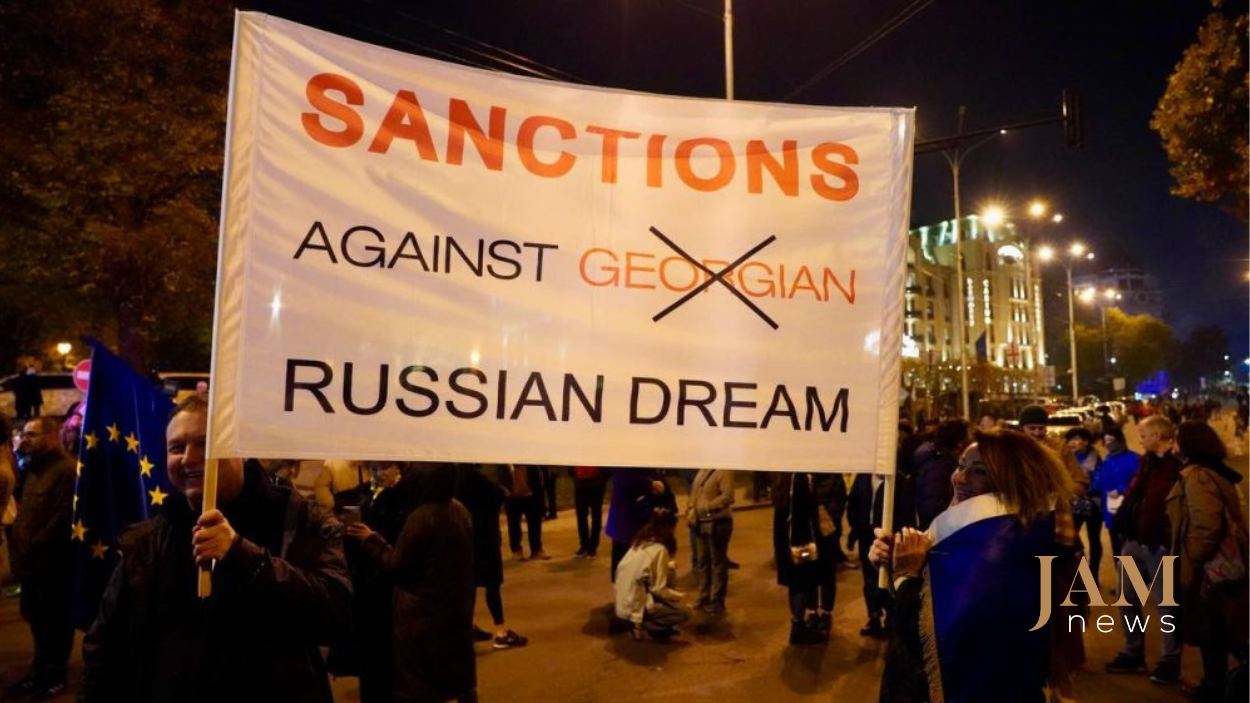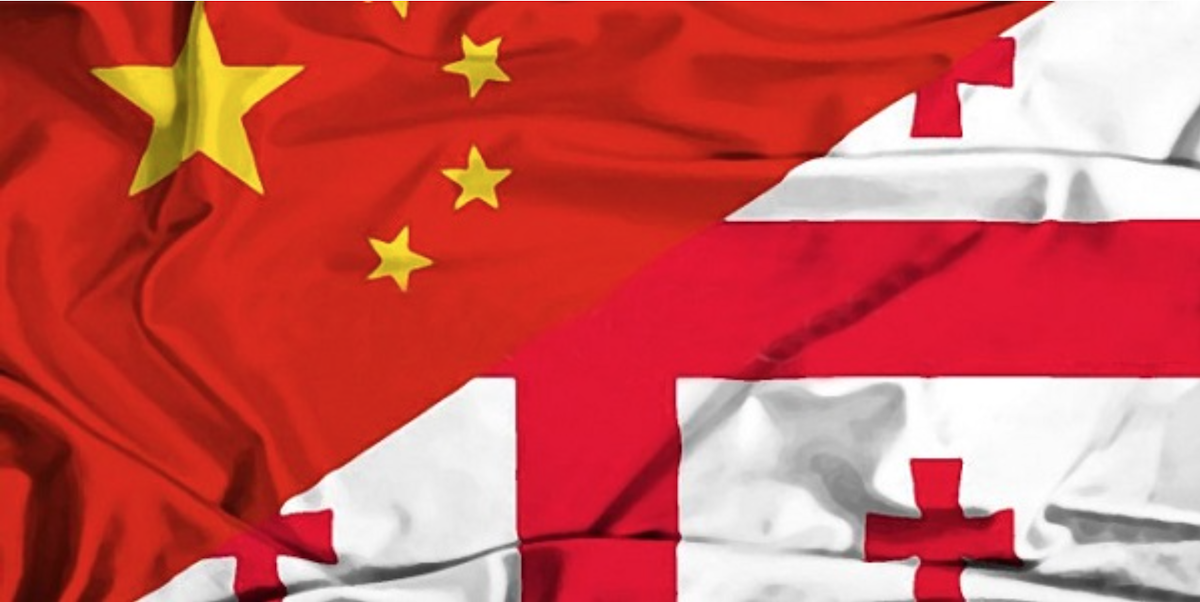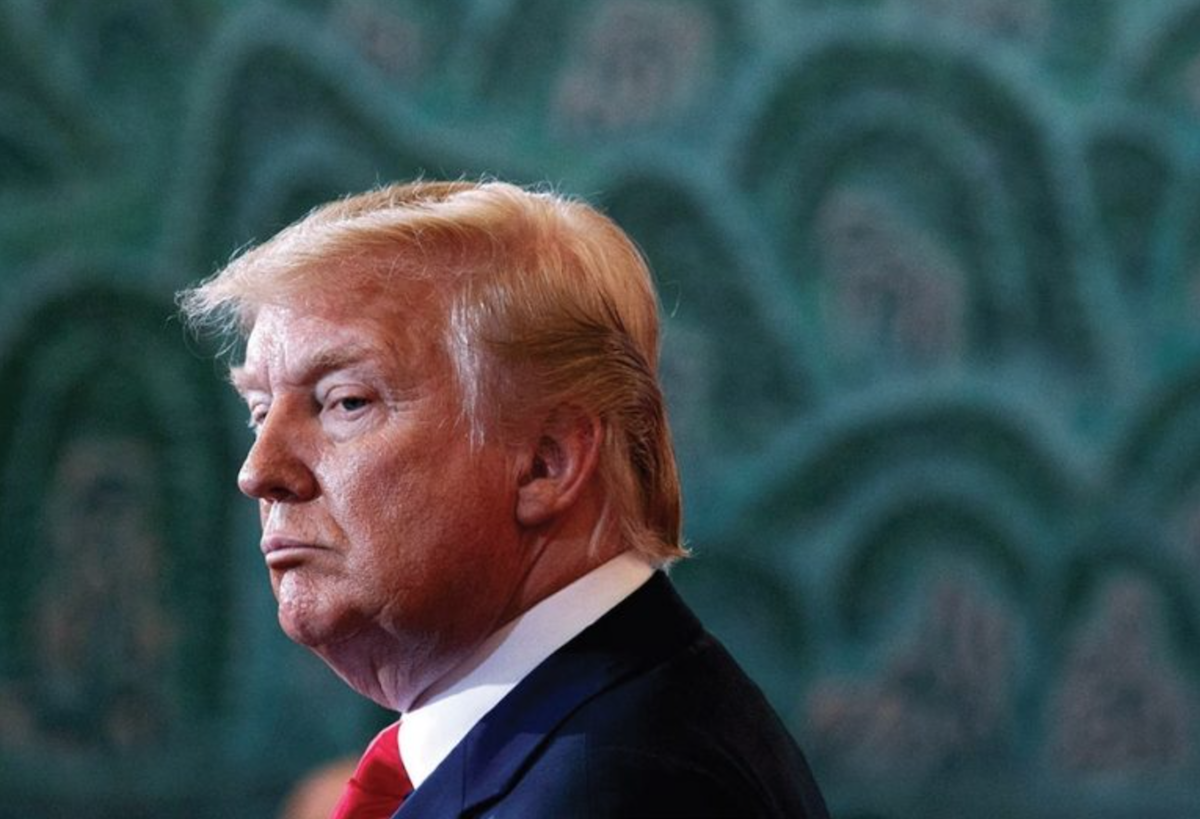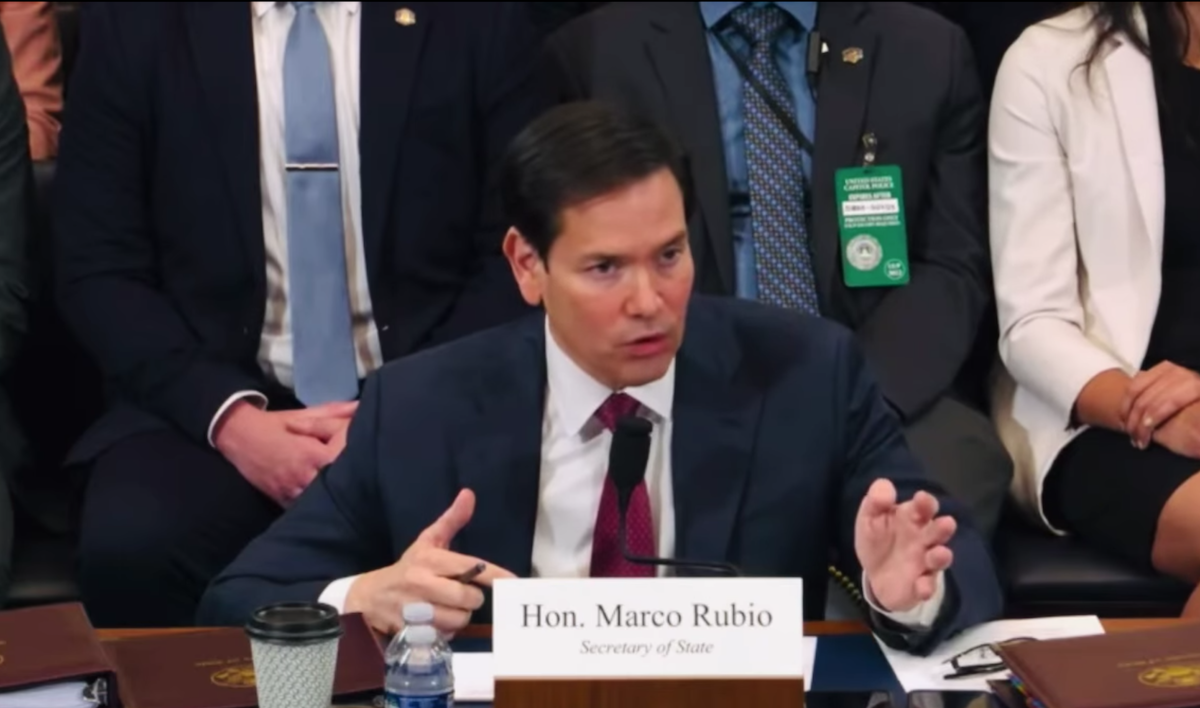"US ambassador should come and meet with us," says ruling party faction leader in Georgian parliament
Georgian Dream invites US envoy for talks
The leader of the ruling Georgian Dream faction in parliament, Mamuka Mdinaradze, has called on US Ambassador Robin Dunnigan to visit and meet with any member of the party instead of engaging “behind the scenes.”
He also downplayed recent remarks by US Secretary of State Marco Rubio, urging the Georgian public not to be alarmed. Mdinaradze added that standard Independence Day greetings and what he called President Donald Trump’s “objective stance” toward the Georgian Dream should not be overestimated.
“There was concern about how to interpret Rubio’s statement — like, why did this person say such a thing? And there was also some fuss over Trump’s routine congratulatory message and his supposedly objective stance. I’ll be honest — there’s nothing admirable about someone simply telling the truth. Saying, ‘We’re thrilled about the situation, wow, how amazing,’ is an exaggeration. <…>
There was also speculation around Rubio’s Independence Day message to Georgia — as if he congratulated the Georgian people, not the Georgian government. Before that, Rubio had responded to a question about his stance on the Georgian Dream. And again — on one side, there was panic; on the other, there was celebration. All of this is just an overreaction,” said Mamuka Mdinaradze.
According to Mdinaradze, the ruling party is trying to present society with an objective reality in which the new US administration has long refrained from openly expressing its position on Georgia.
“We are facing a sad reality: we are trying to present the truth objectively to our supporters and to Georgian society as a whole. The real problem is that the [West] has long been using the argument that they ‘failed’ in Georgia. But what exactly did they fail at? We are not a naive country. We are a country that has already declared its position in global geopolitics.
We are not a simple country. If war had started with us, many things could have changed in the region. Had we accepted the demands made from various sides — behind the scenes or publicly — it could have changed Russia’s position: it might have become weaker, the situation would have become more complicated, but what would have happened to us? We’ve always said: why are you pushing us into a war in which we would die, and you — might benefit, or might not,” Mdinaradze said on Rustavi 2.
Mdinaradze also commented on honorary chairman Bidzina Ivanishvili’s refusal to meet with the US ambassador:
“We know, of course, that no one can intimidate Ivanishvili with blackmail. Not because we believe so subjectively, but because Ivanishvili is objectively a person who cannot be intimidated by anything — not even sanctions. Years of experience have shown this. Blackmail and threats do not affect this man, nor do they diminish his Georgian identity or his patriotism. <…>
If you approach a person who is under sanctions — and those sanctions were used as a tool of blackmail and remain in place under the same conditions — and you engage with him accordingly, then that’s already the wrong approach. That’s what Ivanishvili conveyed in his letter.”
Background
According to the US Embassy, on 22 May 2025, at the request of Secretary of State Marco Rubio, US Ambassador to Georgia Robin Dunnigan requested a meeting with Bidzina Ivanishvili, during which he was expected to receive a message from the Trump administration. The embassy stated that Ivanishvili declined the invitation.
“Bidzina Ivanishvili refused to meet with Ambassador Dunnigan, during which he was to hear a message from the Trump administration. At the request of Secretary Rubio, Ambassador Dunnigan sought a meeting with Mr. Ivanishvili on 22 May to convey the administration’s message and to discuss specific steps the Georgian government could take to demonstrate its seriousness about restoring relations with the United States.
We hope that the Georgian government genuinely wishes to return to the 33-year partnership and friendship with the United States and the American people,” the embassy said.
The following day, Bidzina Ivanishvili responded to the US Embassy’s statement with an open letter, in which he said he considered it inappropriate to meet with the US ambassador due to “personal blackmail”:
“Since the previous US administration, the American side has imposed first informal, and then formal sanctions against me. The informal sanctions are extremely severe. For example, the Swiss bank Julius Baer has blatantly refused to return funds to me that I won through a court decision — funds not covered by any formal sanctions — and American lawyers have been involved in this.
Because of such personal blackmail, I consider it wrong to meet with the ambassador and discuss matters of state. Under such circumstances, I would inevitably feel that I was making decisions on state affairs in conflict with my personal interests, which is fundamentally unacceptable to me. That feeling would remain even if I believed the agreement could be mutually beneficial.
This complex would not only remain with me but would extend to the party and society as well. I want to emphasise that I have never placed my personal interests above those of the state — not in 2012, and not ten years later in 2022, when I took great personal risks for the sake of the country. I would also like to recall that last autumn, when informal sanctions against me were briefly suspended and certain assets unblocked, I personally offered to meet with the US ambassador. He initially agreed, then repeatedly postponed the meeting, and ultimately declined it altogether.
I am so committed to resetting Georgian-American relations that I even told the American side I was prepared to spend the frozen funds not for personal use, but on any causes they would dictate — because money does not and never has interested me. I clearly stated that the frozen funds, on one hand, create a sense of pressure, and on the other, confirm that I will not make any decisions under blackmail. However, I received no response.
It has thus become clear to me that the Biden administration is not interested in my money, but in using it to blackmail me. I should also clarify that alongside declining the meeting, we proposed that the US ambassador meet with the Prime Minister of Georgia. The prime minister is under neither formal nor informal sanctions, and therefore has no personal concerns related to blackmail.
But the ambassador declined the meeting, which reinforces our belief that they see personal blackmail as the main instrument to influence Georgia’s state-level decisions,” Ivanishvili said.






















